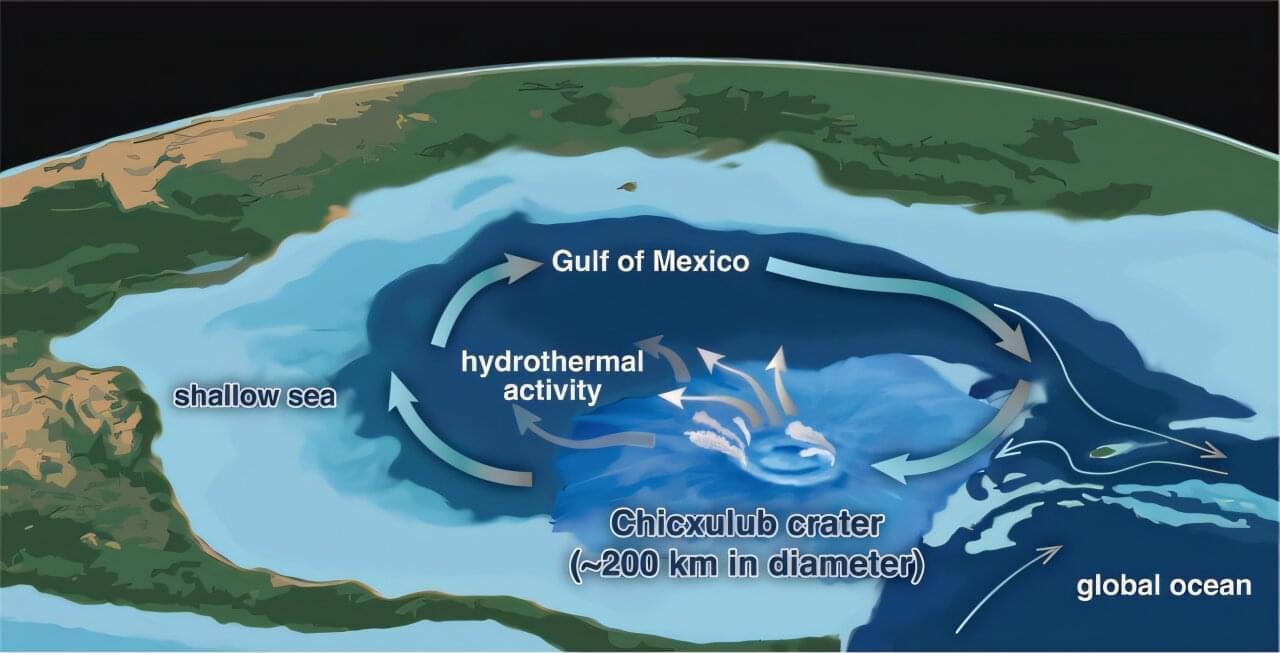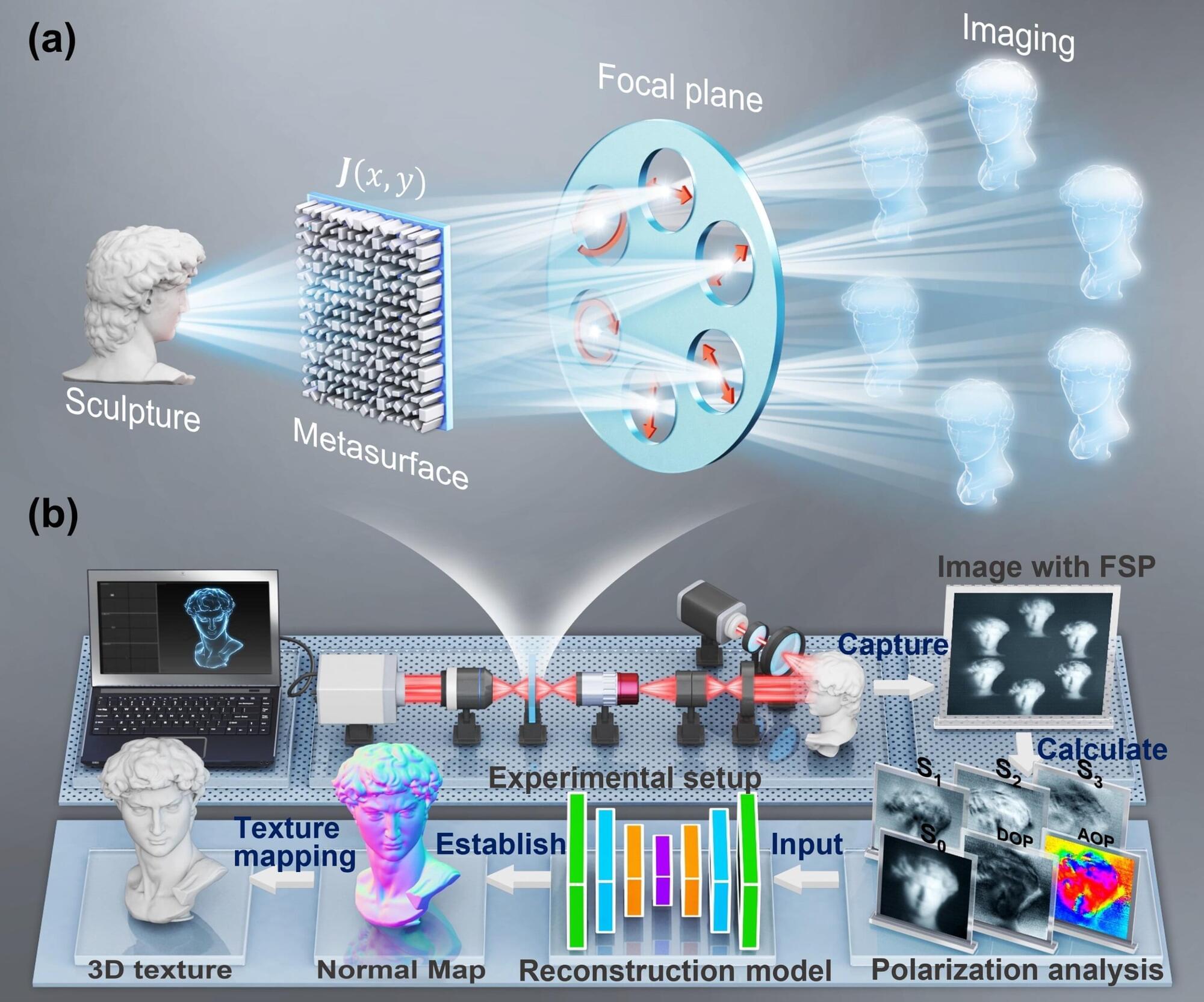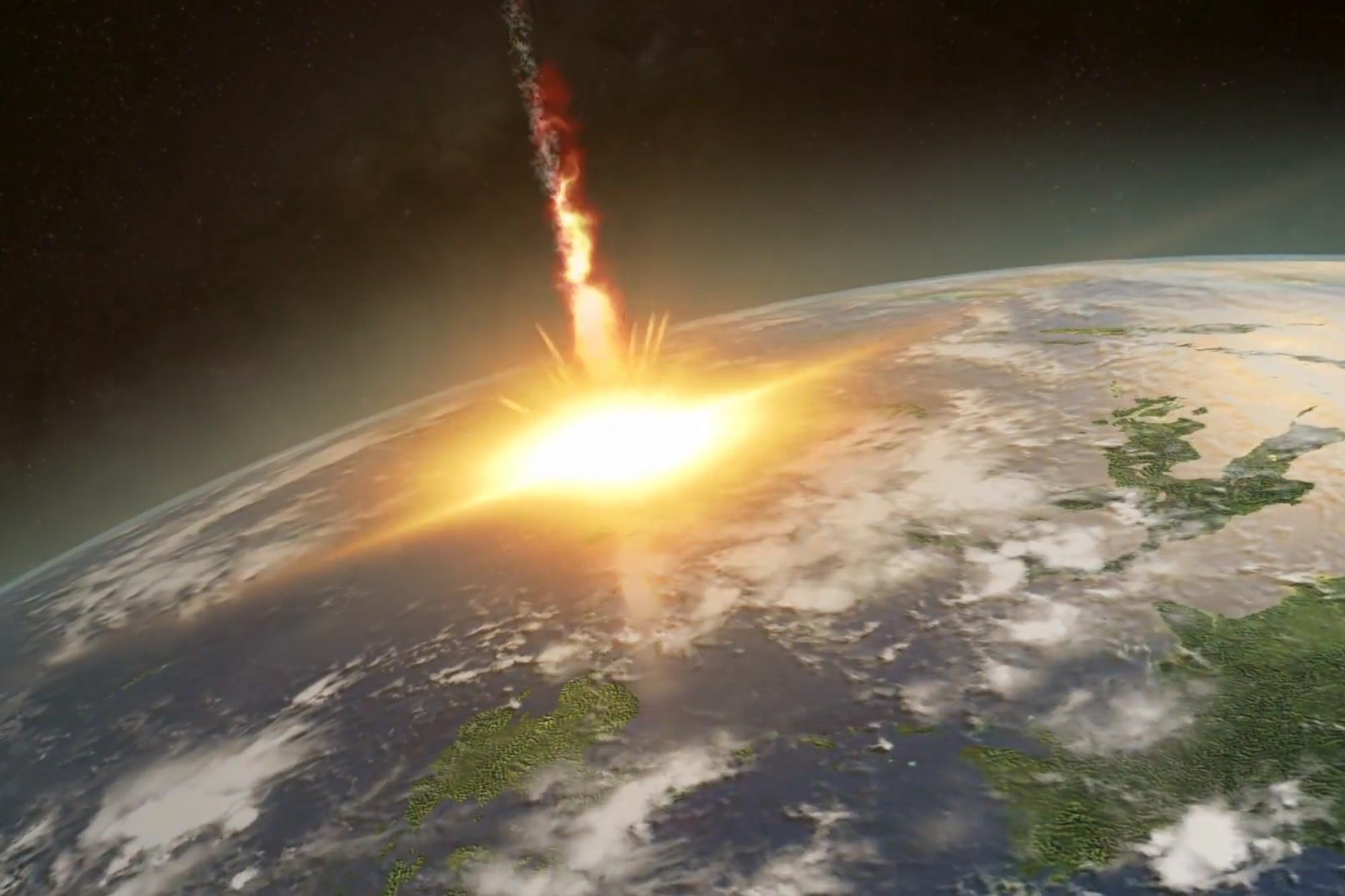About 66 million years ago, an asteroid slammed into the planet, wiping out all non-avian dinosaurs and about 70% of all marine species.
But the crater it left behind in the Gulf of Mexico was a literal hotbed for life, enriching the overlying ocean for at least 700,000 years, according to research published today in Nature Communications.
Scientists have discovered that a hydrothermal system created by the asteroid impact may have helped marine life flourish at the impact site by generating and circulating nutrients in the crater environment.





